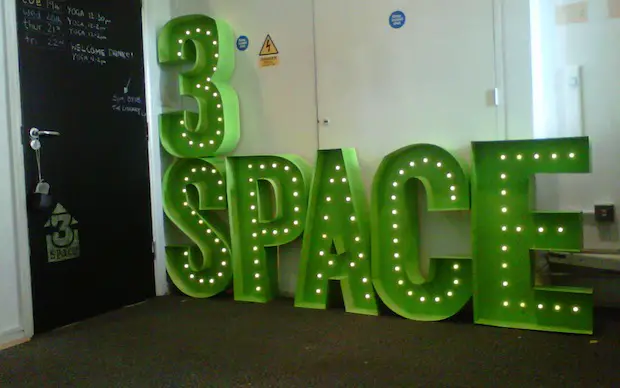One of the aims of April’s Placemaking Leadership Council’s (PLC) inaugural meeting was to form an agenda for a global campaign for placemaking as a movement. The 300 delegates from around the world spilt into groups tacking different aspects of placemaking – from multiuse destinations and transport to entrepreneurial places and place governance. I joined the healthy communities group, which will be the focus of this piece.
The group was made up of a diverse cluster of practitioners from across the realm of urban activity, from housing services, universities, from the PLC founders, Project for Public Spaces (PPS), regeneration professionals and those that work in creative and grassroots placemaking. The aim was to examine the role that placemaking has vis-à-vis healthy communities and to share and discuss best practices, the opportunities for and challenges of this work, and feed into the PLC agenda formation and create messages for the placemaking campaign.

The need for ‘healthy communities’ to focus on the full range of issues relating to health was clear, encompassing physical elements such as healthy food, clean air and water and physical activity, and wellbeing aspects such as social interaction, feelings of safety and belonging.
The neighbourhood scale and a focus on placemaking that is within walking distance of people’s homes was a key issue. As well as placemaking at the masterplanning scale, placemaking has a role at the street and at the local scale, in easy distance of where people live. Transforming local open spaces such as lawns or municipal grounds and making the street a right of way for pedestrians and cyclists was seen as a priority. Empowering local citizens and community organisations through this was work also seen as imperative to its success and sustainability.

A noted challenge was the need to build a broader support base for such work to enable its impact across the sector and across a region or country via policy. Jargon-free communication was viewed as a barrier to any placemaking campaign, and the need to create a simple and compelling message that could cut across sector silos of expertise and political agendas and that focused on the benefits of healthy places on individuals, taxpayers and the economy. From this latter point came a natural flow into consideration of how to measure and communicate impact of placemaking and health – personal storytelling is a powerful tool, but quantitatively, what do we measure and how?
Suggested action points for a healthy communities placemaking campaign included a placemaking guide for policymakers and a policy guide and training for placemakers; the need to package and communicate existing research, as well as work to identify research needs; and to document and disseminate the qualitative and quantitative benefits of placemaking and success stories which could act as a pathway into placemaking for communities. The compelling messages taken from the two days discussion were to reclaim the notion of ‘the commons’, that our streets, our public spaces, our air, our water need to be taken care of to benefit everyone; and to focus activity on those that have the least access to power, those with physical, cultural, social and economic access issues.
Coming out of this meeting too though was the conviction that we can be stronger than the sum of our parts and that the challenges we face could be begun to overcome with partnerships and by reaching out across the placemaking and urban sectors, and outside of this to health sectors, to make our voice louder and message clearer and stronger. The healthy communities working group is itself a work in progress; it is open to forwarding this debate with interested parties via PPS and at its second PLC meeting in June in Stockholm.
If you are interested in joining the campaign, feeding into the discussion and joining the group in June, contact Kate at PPS via krube@pps.org.
Cara Courage is an arts consultant, writer and creative placemaking PhD student, testing her theory of relocalism at University of Brighton. She writes for ArtsProfessional, Frame and Reference, Guardian Culture Professionals Network and engage and is director of pop-up architecture centre Threshold.
Photos: Cara Courage



